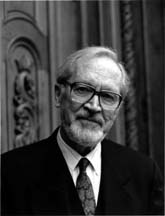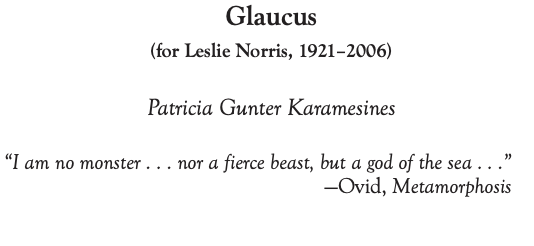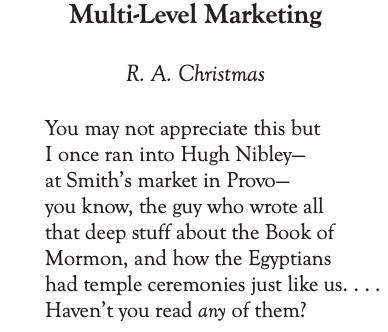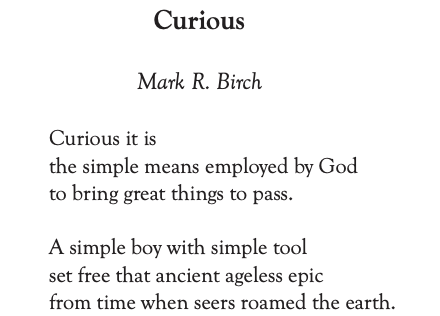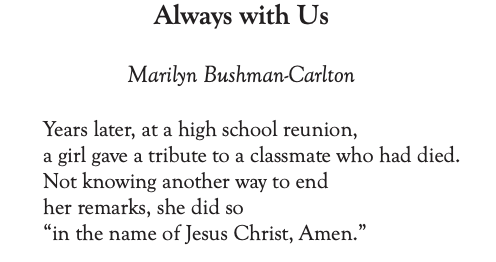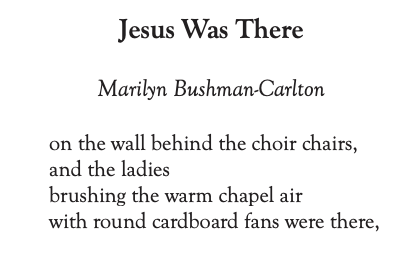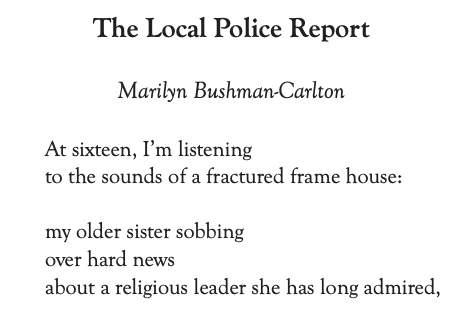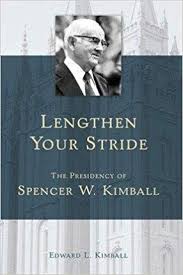A History of Dialogue, Part Four: A Tale in Two Cities, 1987-92
Devery S. AndersonThe late 1980s seemed like an ideal time to edit an independent Mormon periodical like Dialogue: A Journal of Mormon Thought. Linda and Jack Newell of Salt Lake City were about to finish their five-year tenure as editors, and anyone taking over the job could foresee an efficient and successful operation ahead by just continuing what their predecessors had established. Crucial to that success was maintaining the tradition followed from the beginning that Dialogue change hands every five or six years, allowing new blood to provide fresh perspectives and ideas to what was, in actuality, a labor of love. When the Newells stepped down in 1987, they, like their predecessors, looked forward to enjoying the intellectual insights in the journal from a standpoint other than that of sheer exhaustion.
Read more












